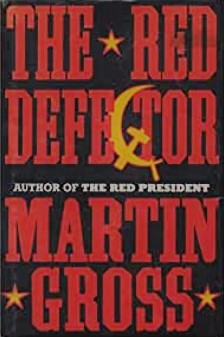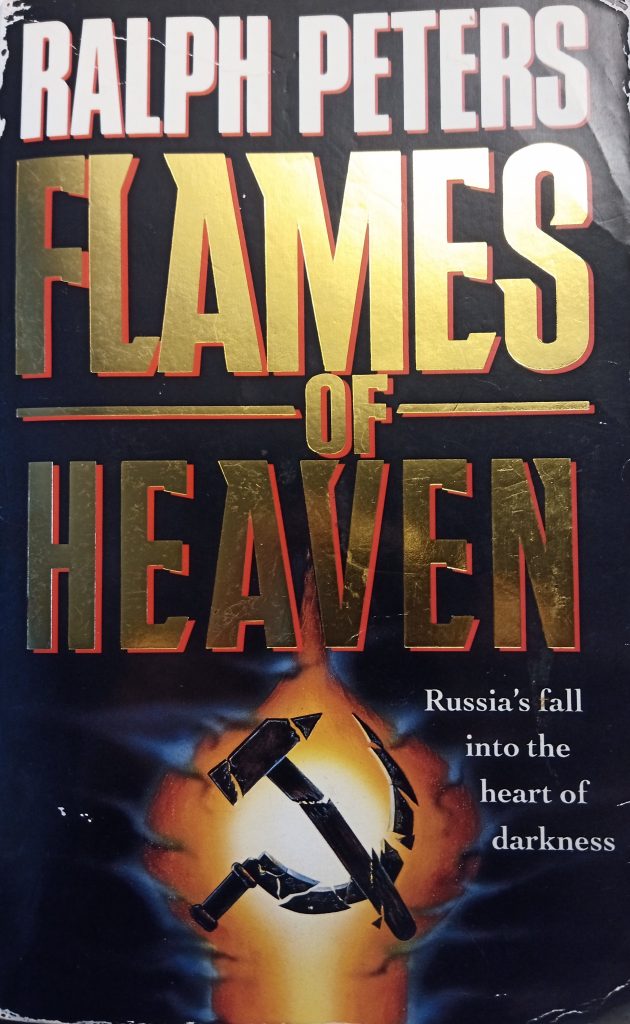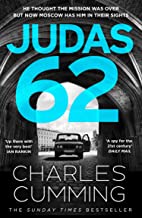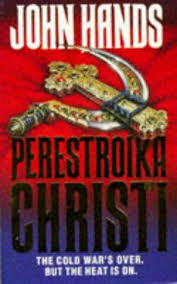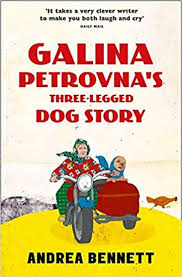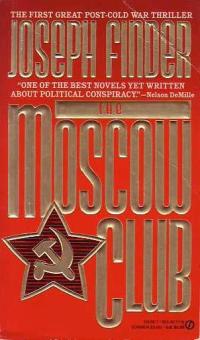Part one of this review is here
The central character of The Moscow Club —’the first great post-Cold War thriller’— comes straight out of the standard thriller stable. There is not a great deal of room for doubting that he is on the side of the angels and will triumph.
The reader knows, from the moment we encounter him rock-climbing, on vacation from his role as genius Soviet analyst with a secret CIA off-shoot agency, that Charles Stone is always going to win through.
That is not a plot-spoiler. It is just obvious. Stone’s work with an off-the-books CIA branch (slightly reminiscent of the off-the-books British agency for which Petra Reuter works in Mark Burnell’s superb novels) plunges him into the hunt for plotters in the KGB and the CIA alike. It then gets personal when his godfather (Winthrop Lehman) and his father (an academic, expert on Russia, broken by spying allegations and prison during the McCarthy witch-hunts of the early 1950s) turn out to be involved in some way.
Oh, and Stone’s estranged wife also comes into the picture. Handily, from many perspectives, she’s a beautiful, blonde, Moscow-based, TV reporter.
Continue reading
